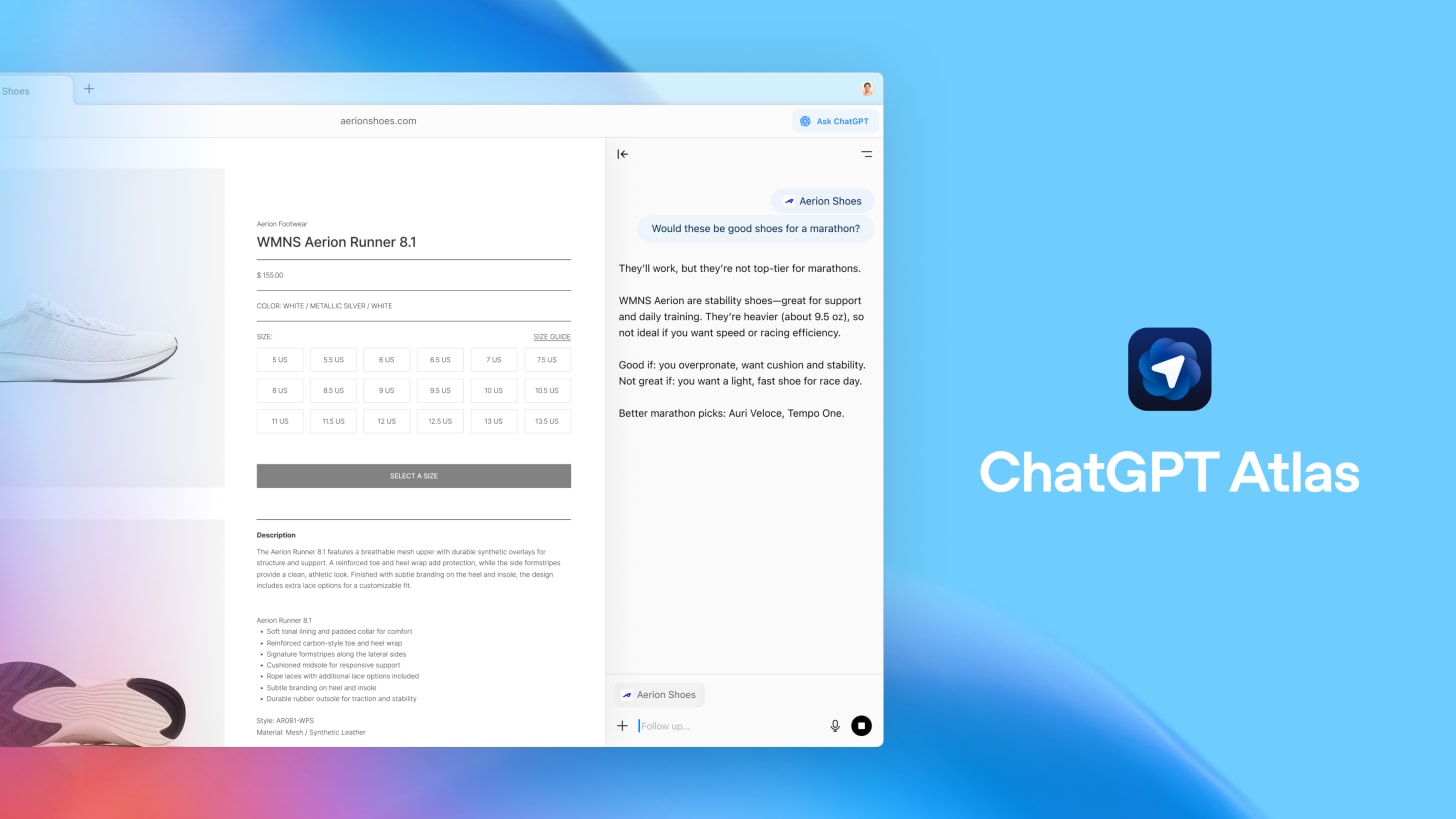We now live in a world where powerful intelligence is accessible to anyone. Yet most people only experience a fraction of what AI can do for them today. I see a big part of my job as closing this gap.
When everyone is able to use AI to its fullest potential, people will have the power to realize their own fullest potential. Making this a reality means building products that take the deep intelligence of our models and transform it into everyday usefulness in your life. To get there, we need to evolve ChatGPT from an insular and reactive text-based chat interface that’s not able to take action on the rest of the world into an intuitive super-assistant that works on your behalf and is connected to all the services you need.
Many of the most common ways people use ChatGPT today, like writing, learning and support, work well without any external connections. But there’s an even greater benefit when AI can help you directly with tasks across the internet and in the real world. Things like shopping, planning a trip, and booking things on your calendar all require third-party apps.
At DevDay, we introduced apps you can chat with right inside ChatGPT. So if you want help making a playlist, ChatGPT won’t just give you a text list of songs, it can connect to your Spotify and build a full playlist with album art that you can play on Spotify. Or if you’re looking for a new place to live, ChatGPT could pull up a full Zillow map you can interact with using natural language. The Apps SDK is great for bringing services into ChatGPT, but ChatGPT should also be able to help you where you already are.
That’s the point of our new browser, ChatGPT Atlas. Atlas is built with ChatGPT at its core so it can enhance your experience all across the web. For example, you can open a ChatGPT sidebar on any page to summarize, explain, or handle tasks directly in the same window. It can provide more relevant answers and suggestions based on the page you’re viewing. You can pull up ChatGPT in any text field to write or edit without having to copy/paste back and forth. You can even manage your tabs by talking to ChatGPT, which is great if you’re like me and always have way too many open. When I’ve gone down an artistic rabbit hole of resin pouring tutorials or paper marbling techniques, I can just tell ChatGPT to close all my craft tabs so I can focus again.
If you turn on browser memories, ChatGPT can remember the pages you visit and use that context in helpful ways. For example, I look at a lot of gluten-free recipes but don’t always remember to make them. Now I can ask ChatGPT to make a meal plan for the week based on the latest recipes I’ve seen. And because ChatGPT agent can act on my behalf across sites I’m already signed into, I can ask ChatGPT to order everything I need on Instacart and have it at my door less than two hours later. Going forward, ChatGPT can remember that I’m gluten-free and reflect that across the rest of my experience, so the next time I ask about health, nutrition, or restaurant recommendations, it already knows my preferences.
By connecting ChatGPT to all these parts of your life and understanding more about what you’re trying to accomplish, we can do a much better job putting this incredibly powerful intelligence at your service, including proactively (like we started with Pulse last month). As always, we’ve prioritized safety, privacy and control, so you decide what ChatGPT can see and remember from your browsing history, and agent mode always operates within clear boundaries.
When we first released ChatGPT, we weren’t sure how people would use it. Now that we have feedback and signals from hundreds of millions of people around the world, it’s clear ChatGPT needs to become so much more than the simple chatbot it started as. Over time, we see ChatGPT evolving to become the operating system for your life: a fully connected hub that helps you manage your day and achieve your long-term goals. We’re early in this journey, but each step makes it easier for more people to tap into the potential of AI and create more opportunities for themselves and others.
The first version of ChatGPT Atlas is launching worldwide on macOS today to Free, Plus, Pro, and Go users, with more platforms and features coming soon. I hope you’ll try it out and tell us what you think and what you want to see next.
.png)




